Patti Gorman, a justice worker and longtime faculty member of Seattle Central College, said that Seattle Central had a variety of classes and a large faculty teaching ASL. Before COVID-19, Seattle Central was known for its American Sign Language curriculum, just as it is now known for its English language learning program (SCIE). However, the ASL curriculum was majorly reduced, and so was the faculty, down to one teacher, Katie Roberts. But why did the ASL department shrink so drastically? In order to emphasize the need for ASL, it is important to understand what ASL is.
ASL stands for American Sign Language. It is expressed through movements of the hands and face. It is the primary language of many deaf and hard-of-hearing people. Here are a few reasons ASL is considered valuable for all students.

Orlando Ngoh, a deaf student from Cameroon, is pursuing an Associate of Arts degree in political science at Seattle Central. If his journey and words cannot convince others to support the ASL curriculum, then nothing can.
Winter quarter was Orlando’s first quarter in Seattle Central. His friends and family were undoubtedly worried throughout the process of his travel to Seattle, and for good reason. His journey was not the easiest: Orlando flew from Cameroon to Istanbul, then to Chicago, and finally to Seattle. When he arrived in Istanbul, he did not know where to go for all the formalities and procedures, and everything was new to him. He asked passersby at the airport to help him navigate by writing on a sheet of paper, “I’m deaf, can you help me?” Most people ignored him, and when he did find people willing to help him, they gave him completely different directions, confusing him more. Finally, someone walked him to the gate and seated him there. When he reached Chicago, the situation was equally difficult, but eventually, he made it to Seattle.
On Ngoh’s first day at Seattle Central, he was nervous, like many other college students. He was not only new in Seattle but also new to Seattle Central. At the new student orientation, he met a number of students and faculty. He hoped that there were a few other deaf students who he could converse with in ASL, knowing that ASL was taught more widely in the U.S. However, due to a lack of ASL speakers, he communicated by writing on a piece of paper with a few other students.
Ngoh thinks that ASL should be available for deaf, hard-of-hearing, and hearing students so they can communicate with one another. If in the future their children happened to be deaf, then ASL would be beneficial for them to communicate as well. It is also undoubtedly easier to learn while in the flow of learning or have been used to learning for a while, rather than coming back to it after years. Besides, learning another language has no downside. Many people grow up with perfect hearing but experience hearing loss later in life. In such cases, knowing ASL can be a valuable skill.
Ngoh loves Seattle Central and the city of Seattle. He says it is the best city. He appreciates the fact that there are interpreters for meetings and classes and sees America as more accessible for deaf individuals compared to Cameroon. In Cameroon, he learned ASL in a deaf school with the help of objects– his teacher would show him an object and teach him the sign for it. However, Cameroon lacks interpreters, so deaf students cannot go to public schools. Instead, they can only attend deaf schools. That is not the case in America, which is ahead of Cameroon in providing services, opportunities, and accessibility for deaf students. This includes a variety of technology resources like Video Remote Interpreting and Video Relay Services, which offer virtual interpretations for deaf people. While these services may not be the first choice for Ngoh, as signing into a small device can be quite uncomfortable, but it’s always good to know he has options.
Ngoh wants to continue his studies at Seattle Central and hopes the school would increase ASL classes and make them free for all students. He said, “I want to encourage everyone to learn ASL to be able to communicate with the deaf community.” He loves the deaf community for how supportive and helpful it is. He’d want nothing more than for everyone to see how amazing his lovely community is and for more people to speak to him in his language–ASL.
He adds, “deaf people live in a hearing world, and people often tend to think that deaf people cannot do anything–but they can! They can do everything! We are made by God. People often apologize for me being deaf, but why should they? I’m deaf and proud. Sign language is a right for humans,” concluded Ngoh.

Vrindha, an international student from India, is fueled by her fervent love for diverse art forms such as dance, drama, music and theatre. Eager to immerse herself in new experiences and broaden her horizons, she sees her involvement with the Collegian as a gateway to both sharing her passions and delving into new realms of knowledge.

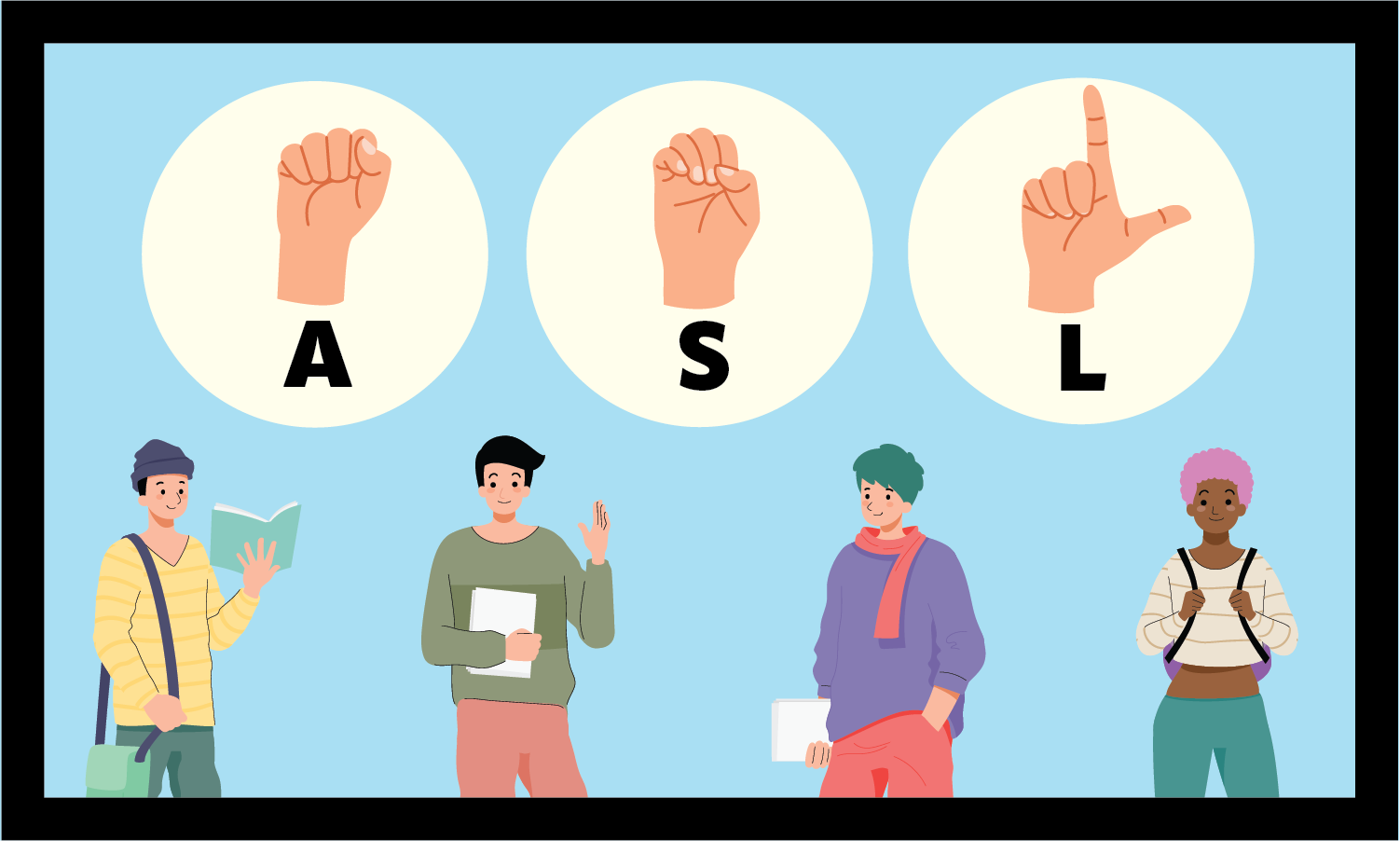
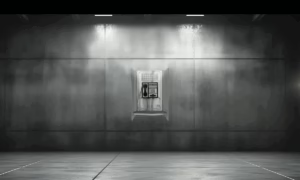
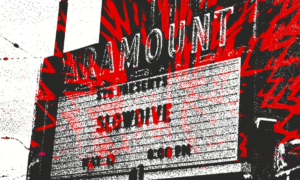

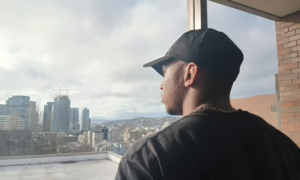
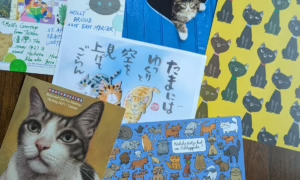
Orlando offers inspiration to all of us for his determination, resiliency, ability to adapt and his commitment to continue learning and improve his life. It is a privilege to know him! I hope his new community realizes this and makes an effort to learn about his beautiful country of Cameroon.
I totally agree with Ngoh because I have always wanted to communicate with deaf people and it would be really nice if that program happens at seattle college